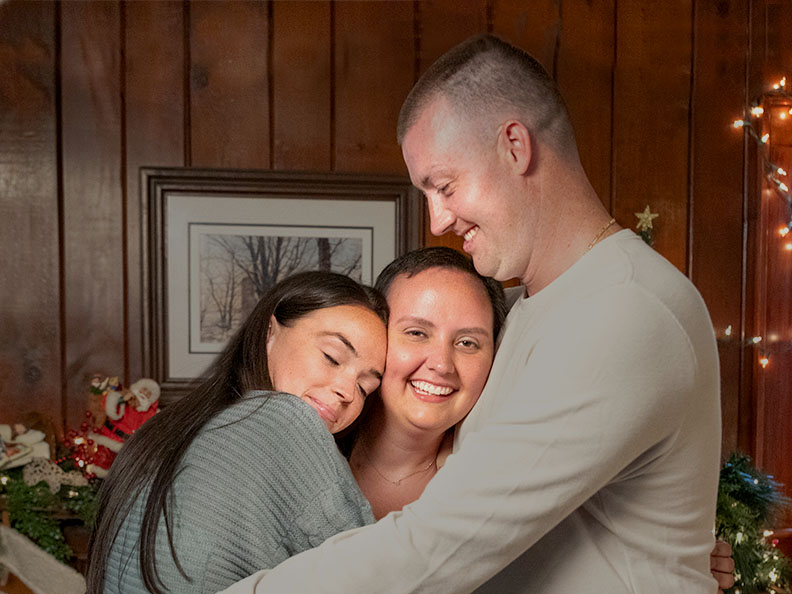Your gift is 100% tax deductible
Helping Children When Someone They Know Has Cancer
When children learn that someone they know has cancer, it can be upsetting and confusing for them. Here we will try to help you understand what children might be thinking and feeling, how to talk to them, and share some ideas on how you may be able to help them through this time.
American Cancer Society Emails
Sign up to stay up-to-date with news, valuable information, and ways to get involved with the American Cancer Society.



